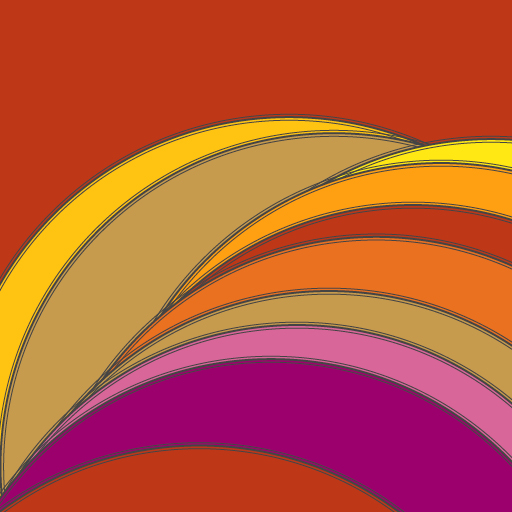
abortion
A testimonial from our planet
For millennia our planet was our sole concern, and while some speculated that there must be other planets in the universe, we minded our own business.
When the universe made contact with us and invited us to contribute to the knowledge of the universe, we were thrilled, and like children we soaked up everything that was new, and at the same time we were proud to realise that we ourselves could contribute to this knowledge.
We soon heard rumours about planet Earth, and about how many wise people on the other planets treated Earth as some kind of bad apple, serving as example of mistakes which are better avoided.
We were new to the whole universe and felt that maybe the other planets were suffering from the superiority complex they so vehemently criticised in humans. And so we decided to set up some teams to study human societies.
Much pain did our openness and naivety cause us. And the subject of abortion is one of those which nearly ripped us apart.
Up until then having children was viewed as something sacred. Which was why only those ready to enter into the sacred state of parenthood would carry through with a pregnancy.
Some centuries ago we had a brief period where part of our society had fallen for the alluring promises of a dictator. She insisted that every woman should carry as many children as possible so that we could build a great army. Luckily for our people then, the dictator only lasted nine months until we, as people of our planet, reunited.
But as our Earth teams published their findings, the question of abortions became one of the most fiercely debated, soon leading to physical fights, something we hadn’t seen for over two centuries.
Like on planet Earth the main divide was between those who claimed that any seed conceived must live, and those who insisted that any individual has a right to decide whether or not to become a parent. And that, in fact, no one has a right to decide what an individual does with their body. A child-bearing body is after all, not the property of a planet, or society, or, as you have on Earth, a nation.
These disputes brought a hitherto unknown divide between seed-giving and child-bearing individuals that we had never seen before, including a tendency of the seed-giving individuals to control and oppress the child-bearing individuals.
These were dark times.
It was only when we were exhausted with the fights, not just on this subject, that we finally started to listen to our scholars and to the kind and patient members of the whole universe.
Our scholars started by making a vital observation — one that silenced the fights for several days. They said: ‘What about the children? Those you want to live. Do they want to live?’
When the silence slowly dissolved, the scholars asked their next question: ‘If you insist on every seed seeing the light of day, will you be the one to love them, to support them, to care for them? Or does your interest in the life of a child end after the pain of birth?’
Silence.
Two days later, the scholars added more questions: ‘What about all the seeds that never reach their destinations? Is nature failing those seeds? Is not abundance part of how nature works? Has nature not given us the ability to think? To decide what is best? When to say yes? When to say no? Or not yet?’
Silence persisted.
The next day, the scholars published a draft for a new law. The law decreed that any person who insists on every seed seeing the day of light (proSeeder) would be responsible for the holistic health and welfare of every child born within a 24 sixtus of the proSeeder’s home. And a proSeeder would provide a home, love, and the financial security the children need to grow up healthily. The law concluded with the note that once this law was ratified, all orphans would be distributed to everyone who regard a child’s welfare as so important that they are willing to fight for every life, even the unborn.
This legal draft cooled the fights considerably. And it makes this author proud that the few orphanages we had on our planet were emptied within weeks.
In those weeks we started a new discussion, asking ourselves: what is it that we want for our children?
The answer is simple: we want them to be happy and healthy and supported in every possible way.
The only way to achieve this is to make sure that no one feels obliged to let a seed grow into a breathing life. And it is vital to support those who feel ready to become parents and ready to fulfil the sacred responsibility of raising one or more children.
It was strange for us to realise that we had returned to what our ancestors had already found out.
But having gone through these disputes has given us a greater sense of the extent of our responsibilities as societies, and how important it is to ensure the freedom of every individual so that we only do what we feel ready for.
If we force children into life — what kind of life can they possibly expect? And who will bear the responsibility for a neglected, unloved, abused child?

